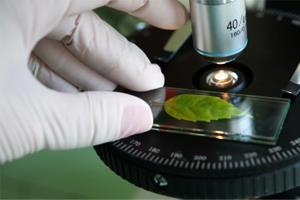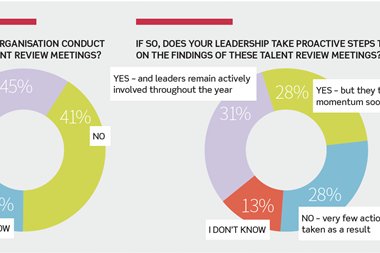There are positive signs that a Covid-19 vaccine is close. How should risk managers ensure the health and safety of returning staff?
In early November, US drug giant Pfizer announced the news the whole world had been waiting for. The American pharma titan and German peer BionTech developed a Covid-19 vaccine said to be more than 90% effective, heralding a landmark moment in the fight against the deadly pandemic. Rival drug-makers Moderna and Pfizer also announced successful vaccines the same week, believed to have more than 95% efficacy.
If developed to completion, the vaccines could help global economies return to normality after a year of disruption. Risk managers are weighing up the implications of an international immunisation programme. Employers will face a difficult task working with government bodies, ensuring the health and safety of their staff, and attempting to reintegrate employees back to the workplace.
Risk managers say returning to normality will not be an easy task. It may be a slow process.
“It is unlikely that there will be widespread vaccination to the general population until well into 2021,” said Chris Corless, an independent risk consultant. “It is likely that people over a certain age and health care workers will get priority.”
He says it is also unlikely that vaccines will be mandatory, meaning “organisations need to think about what that will mean in terms of their business including existing union agreements and employee contracts”.
Corless urges caution about the timing and availability of the vaccine in the near-term.
“A vaccine is a best-case scenario,” he says. “It is possible that a safe, effective and easily administered vaccine could be years away. Businesses should think about what the worst case scenario looks like, and contemplate how to carry on in this situation, knowing that if a vaccine is released life will get quite a bit better.”
Independent risk manager Eamonn Cunningham warns a Covid-19 vaccine rollout “isn’t like dealing with flu”.
“Because of the significant international impact of this, any immunisation plan will be a national programme, or a federal system in places like Australia. It will have national fingerprints all over it. Employers will need to determine how they can and can’t get involved.”
The health and safety of employees needs to come first, Cunningham says.
Companies also need to make sure their messaging is clear and consistent, in line with national authorities.
“Employers need to make sure they are complementing existing messaging from national and state-based resources. You need to be careful about the extent to which you encourage people to get the jab.”
Time to scenario plan
Jason Smith, chief executive of the Risk Management Institute of Australasia, says “scenario planning and war gaming” will continue to be the best preparation for Covid eventualities.
“Companies who fared the best in this crisis had undertaken scenario planning and war gaming and were able to marshall the right resources. Going forward, companies need to maintain discipline and plan around different potential scenarios.”
Smith also cautioned that a vaccine could be some time away: “It is highly uncertain and we don’t know how it will be distributed. Until we do, scenario testing is your friend.”
Businesses reliant on international travel have been hardest hit by the pandemic. Organisations will hope that a vaccine will facilitate the return of air travel and open borders. But can it be done safely?
Health and security services firm International SOS says getting back to normal and operating safely will be difficult but not impossible.It believes the pandemic marks a permanent shift in for international businesses.
“Just as 9/11 created changes in the travel security environment, and a regulatory evolution in duty of care, Covid-19 will have a lasting impact on the way we manage travel, domestic and international,” says Laurent Taymans, Regional Medical Director Assistance Services at International SOS.
“There is a need for a global standardisation and adoption of a technical infrastructure to protect health information and allow passengers to demonstrate fitness to travel,” Taymans adds.
International SOS is working with the International Chamber of Commerce and airports on an app to provide secure digital verification of COVID-19 status.
According to Taymans, the use of technology will help executives travel safely again after a year of disruption, working from home, Zoom meetings, and digital conferences.
“Travellers need assurance that they are able to once again fly with ease of travel arrangements and their safety at departure, destination and in-flight are all at a high standard and accepted internationally, regardless of where they are going to and from.”
Until the vaccine arrives, leading insurance organisations continue to stress the importance of reopening for business safely.
A recent Marsh report emphasises the need for social distancing, clean workplaces, and strict protocols, until a vaccine is in place. That could still be some time away: “Today, in absence of a vaccination, social distancing and good hygiene practices are the two main weapons in the fight against Covid-19.”




















No comments yet